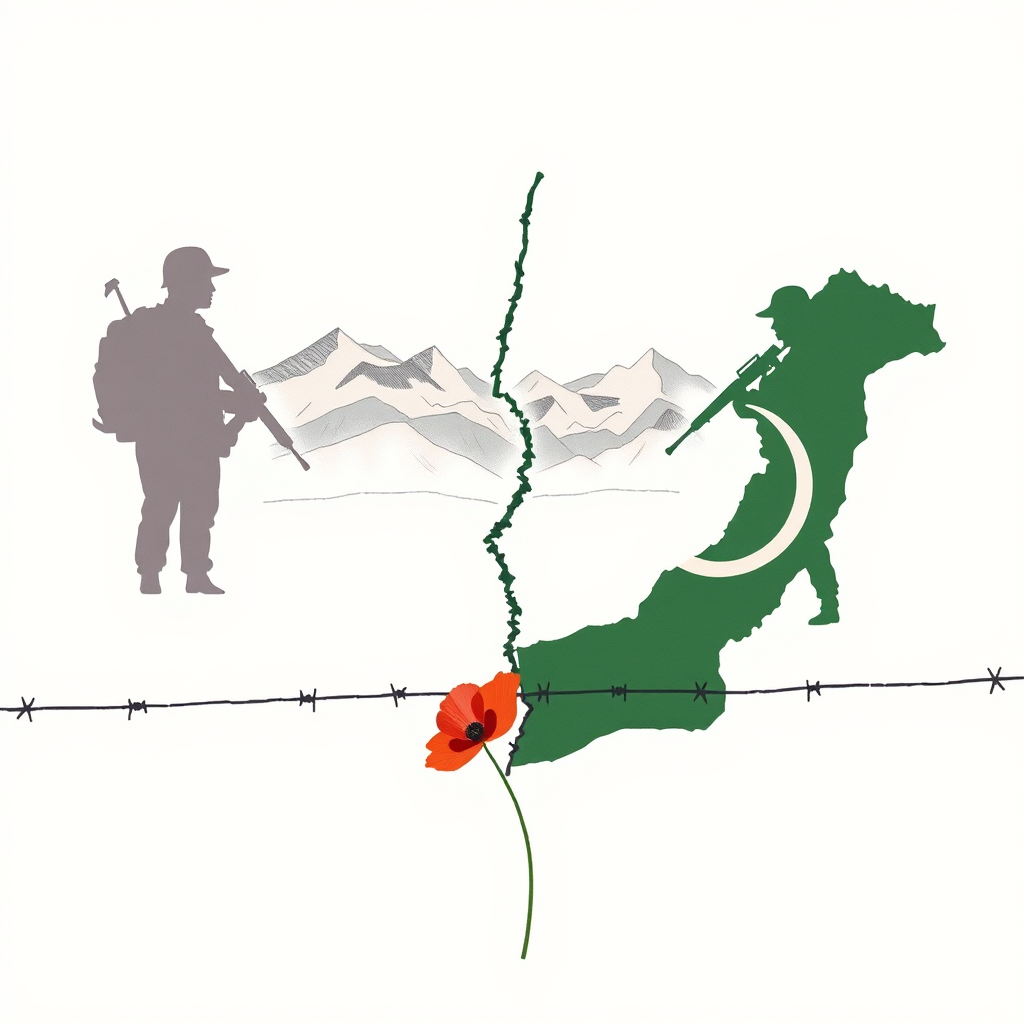India & Pakistan: Kashmir Conflict Reaches Boiling Point

The decades-long dispute over Kashmir has reached a dangerous new height, with recent escalations threatening regional stability. Following a terrorist attack in Pahalgam on April 22nd that killed 26 people, including Indian tourists and a Nepalese national, India and Pakistan have engaged in direct military exchanges, including missile strikes and artillery fire. This latest conflict builds upon a history of animosity dating back to the 1947 partition of British India.
The roots of the conflict lie in the ambiguous status of the princely state of Jammu and Kashmir. When Britain granted independence, Kashmir’s Hindu ruler, Hari Singh, faced a predominantly Muslim population and pressure from both India and Pakistan. His eventual decision to accede to India, following a Pakistani-backed invasion, ignited the first Indo-Pakistani war in 1948. A UN-mediated ceasefire established a Line of Control, dividing the region, but failing to resolve the underlying dispute.
Subsequent decades witnessed continued skirmishes and escalating tensions. The 1965 war, triggered by Pakistan’s “Operation Gibraltar” aimed at inciting rebellion in Kashmir, ended in stalemate. The 1971 war, resulting in the creation of Bangladesh, led to the Simla Agreement, which solidified the Line of Control as a de facto border, though both nations continued to claim the entirety of Kashmir.
The late 1980s saw a rise in militant activity, fueled by a controversial election in Indian-administered Kashmir widely believed to be rigged. This sparked widespread resentment and the emergence of groups like the Jammu and Kashmir Liberation Front (JKLF) and Lashkar-e-Taiba (LeT), some backed by Pakistan, seeking either independence or integration with Pakistan. The 1999 Kargil War, involving Pakistani soldiers and militants seizing Himalayan positions, further inflamed the situation.
The early 2000s saw continued violence, including the devastating 2001 attack on the Indian Parliament and the 2008 Mumbai attacks, both linked to Pakistan-based militant groups. In 2019, India revoked Kashmir’s autonomous status, imposing a strict lockdown and sparking further unrest. The emergence of a new militant group, “The Resistance Front” (TRF), signaled a continuation of the conflict.
The recent escalation, marked by India’s “Operation Sindoor” missile strikes and Pakistan’s retaliatory actions, is particularly concerning. India’s cancellation of a water treaty and Pakistan’s suspension of the Simla Agreement represent a significant breakdown in diplomatic efforts.
This cycle of violence underscores the urgent need for a renewed commitment to dialogue and a peaceful resolution. While both nations have legitimate security concerns, the continued militarization of the region and support for militant groups only exacerbate the conflict. A lasting solution requires addressing the root causes of the dispute, respecting the rights and aspirations of the Kashmiri people, and fostering a climate of trust and cooperation between India and Pakistan. The current trajectory is deeply worrying, and without a concerted effort to de-escalate tensions and pursue a diplomatic solution, the region risks further instability and bloodshed.